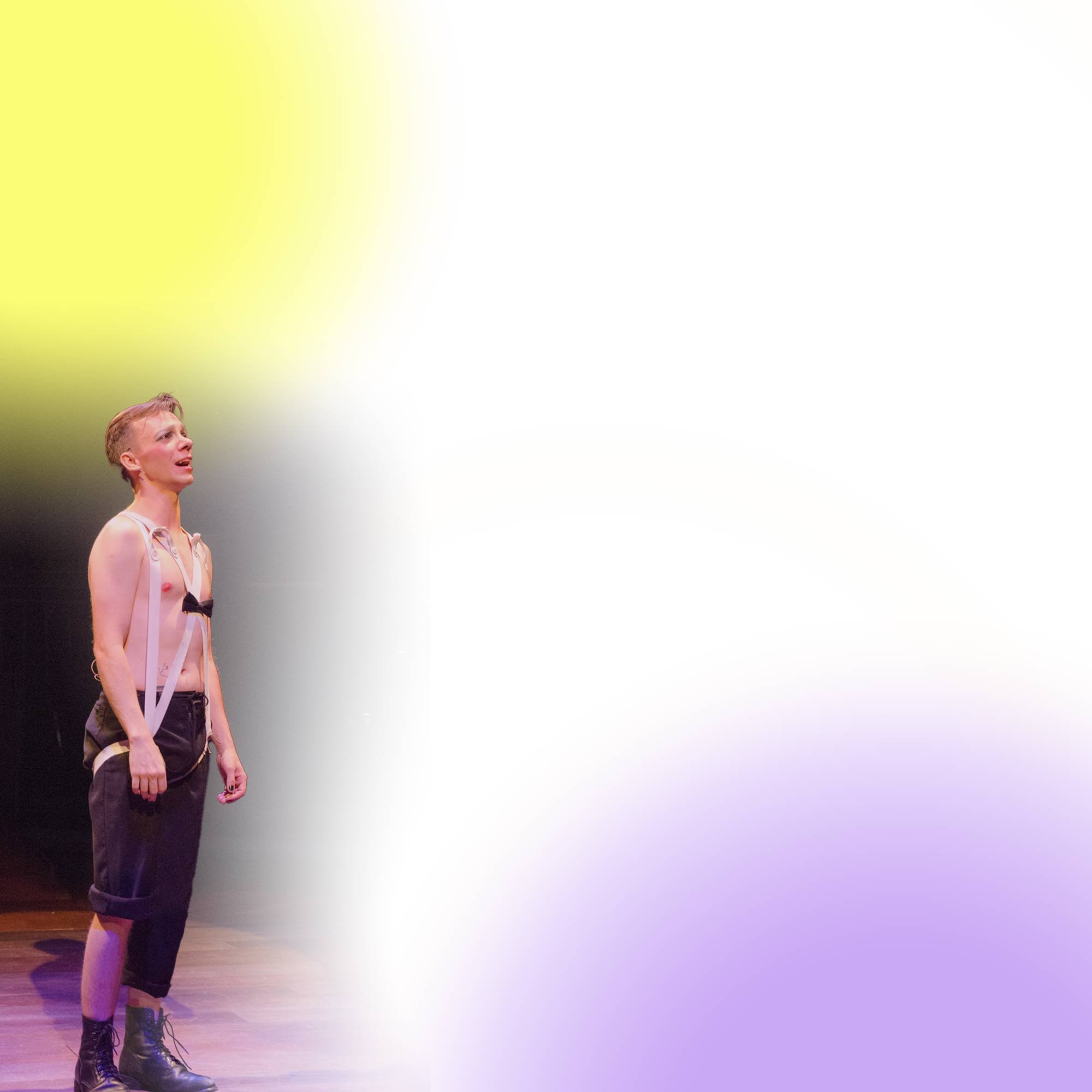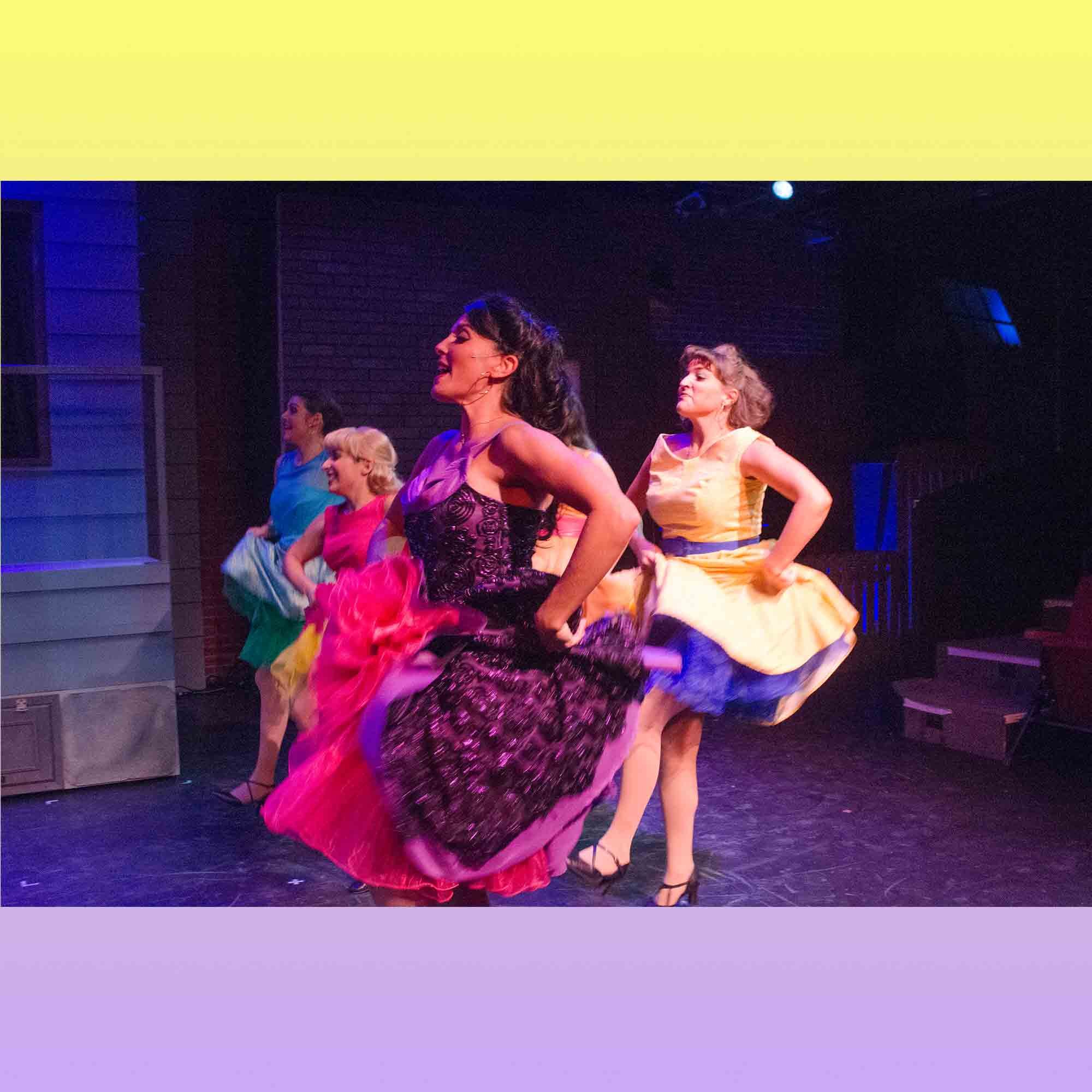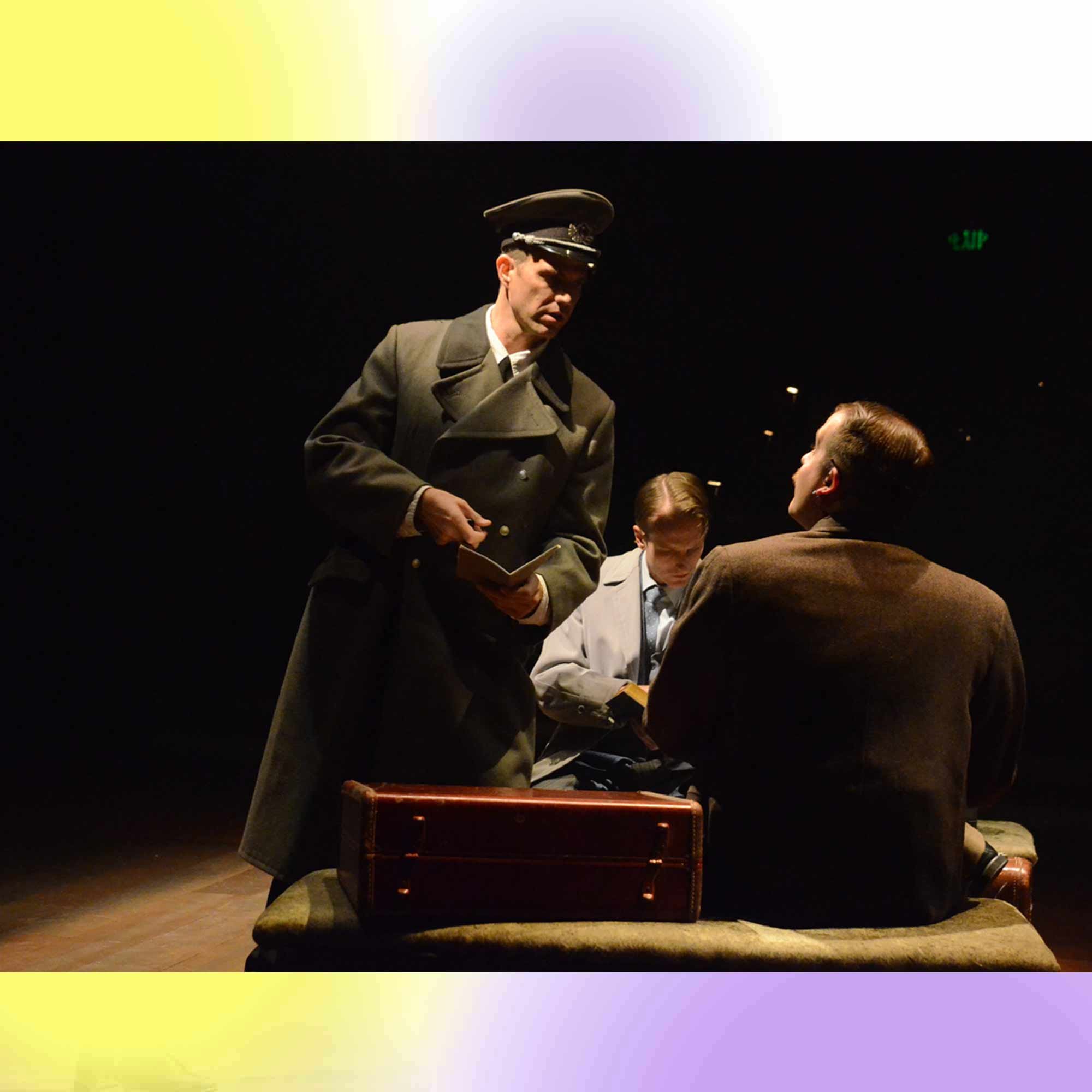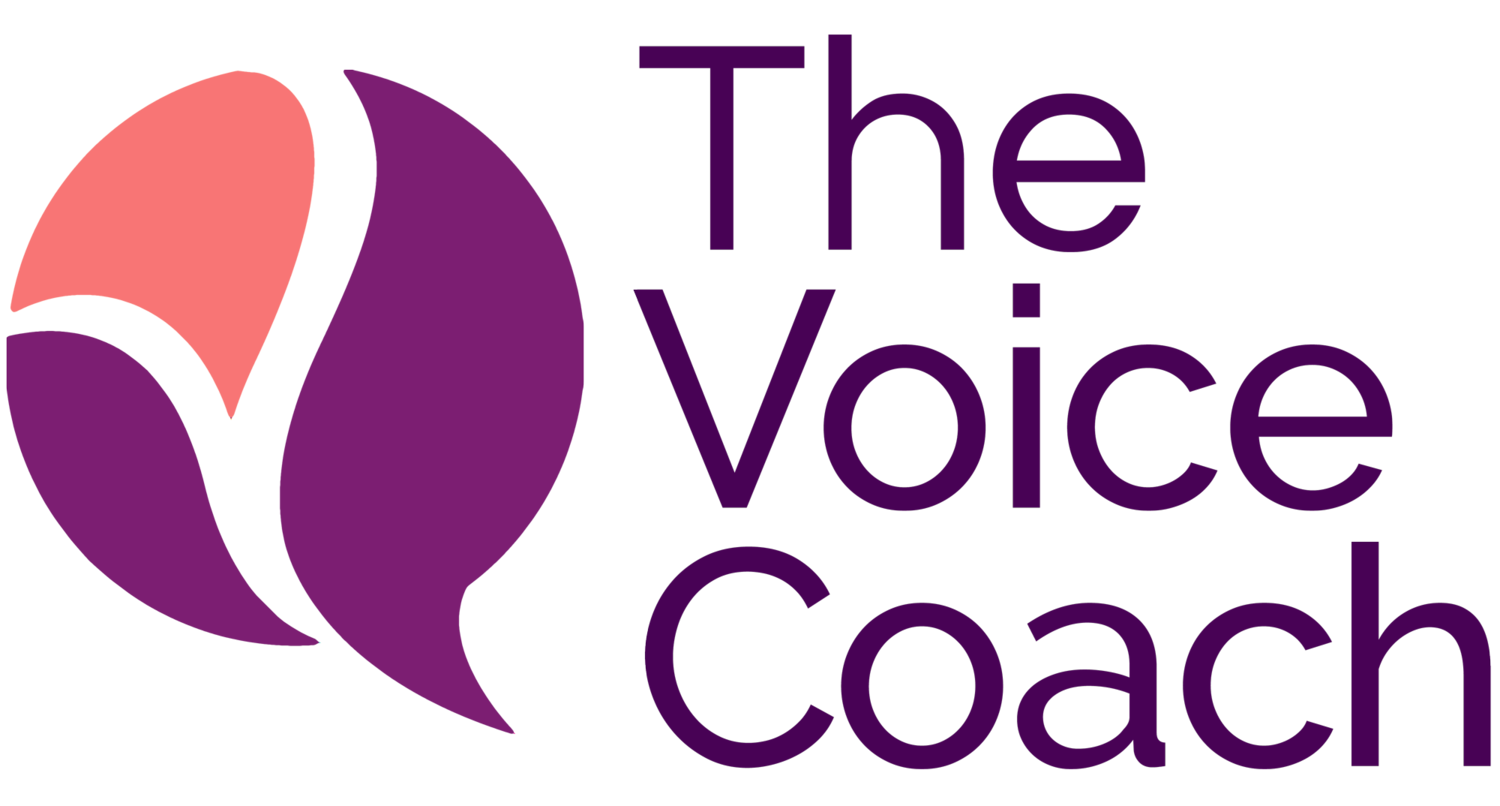
Put your voice center stage

Prioritize your voice skills and enhance your performances

The Dialect Salon
The Dialect Salon is a gathering place for learning dialects and accents, in an exciting, social environment that focuses on making training and practice fun. The Basics class will teach you the fundamental vocal elements of a featured stage dialect and the The Practice class will give you an opportunity to practice and drill the dialect with others, in a fun structured environment. The Conversation Gathering is an in-person social get-together at a public location, where you will have the opportunity to speak and practice your dialects, while exchanging ideas and discussing topics around language, culture, theater and art, or whatever topics entertain us in the moment!

The VoCo Approach
For Performers
Jenny’s unique approach to teaching dialects comes from over 30 years of experience, as an opera singer, amateur linguist, stage/voice/improv actor and voice, speech and dialect coach. Jenny has cultivated an interconnection between practical knowledge and skills training, and intuitive imagery-based learning. No matter what your skill level with Dialect work, Jenny will guide you through the process in an engaging and light-hearted atmosphere. Classes are meant to be fun, stepping outside of the traditional dry textbook versions of dialect acquisition, and embracing a joyful, expressive, and creative gathering of dialect-o-philes interested in mastering the craft. Each Dialect has seven Core Vocal Elements and four Supporting Vocal Elements.


Private Coaching
Jenny works with Performers, Actors, and Non-Actors who want to learn, hone and design a dialect or accent for a role, a resume, or just for fun!
1 hour Virtual Private Session $80

Testimonials
Leah Long
Jenny really knows how to make you feel comfortable--I’ve worked with other acting coaches before, and it can be intimidating. One thing that Jenny has really helped me with is to bring a character into real life. She definitely helped me land a role that I never thought I could get. I loved working with Jenny!

Frequently Asked Questions
-
A dialect is a variation of a language evident in vocabulary, phraseology, and pronunciation. So for example, dialects of English can include Australian English, British English, or American English, but can be even more specific, such as the English of Sydney, New York, or Liverpool for example. An accent is the carry-over of pronunciations, grammatical structures and translations from one language to English. For example, a French-speaking person who speaks in American English usually has an accent because the sounds of French are transferred to the sounds of American English. Also, grammatical structures can show up in the form of dropping "the," before a noun, as in Russian ("Show me book." instead of "Show me the book."), for example.
-
Absolutely. The VoCo Approach for Performers gives you more than just a “listen-and-repeat” method of learning a dialect. In addition to developing your auditory skills, you’ll learn a dialect through visual, perceptual, kinesthetic and sensory “channels.” You’ll experience all this in an engaging, light-hearted, no-stress atmosphere, which encourages deeper learning, bringing you better results.
-
That depends on how much time you are willing to put into your practice! If starting from scratch, you can expect to learn the fundamental vocal elements in "The Basics" class. Then in "The Practice" class you’ll begin to feel familiar with speaking in the dialect. It will take longer to feel comfortable enough to perform with it or fluently chat in the dialect, but "The Salon" offers an opportunity to practice in public, to get you feeling braver about speaking the dialect. If you practice diligently and relentlessly, you will have a more successful outcome. And the more dialects you learn, the more you will develop muscle memory and improve your dialect acquisition skills.



